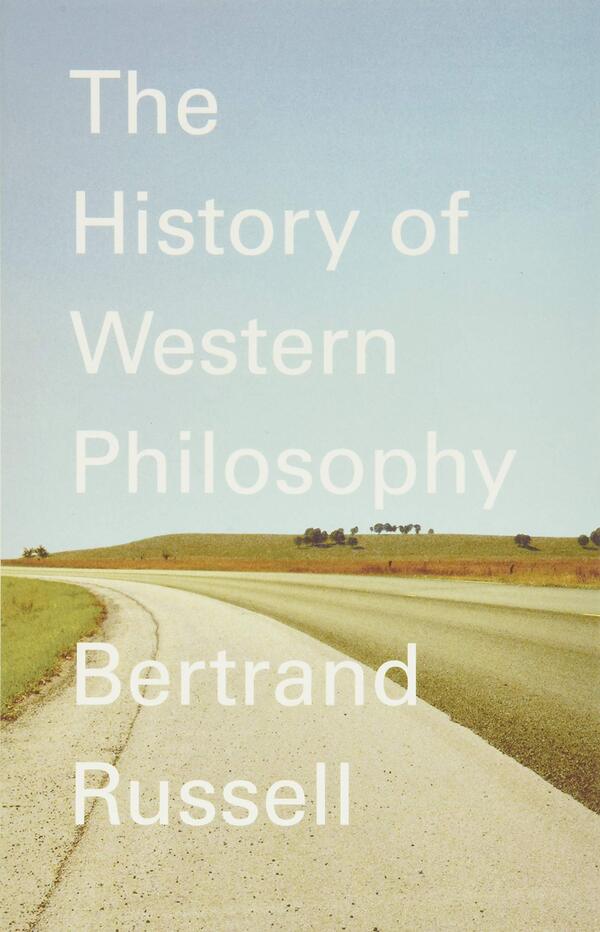
Bertrand Russell’s book highlights philosophical thinking
Bertrand Russell was a versatile figure _ he was an outstanding philosopher, mathematician, historian, political activist, and social critic at the same time.Showing his prominence as a philosopher is a 1945 book, dubbed “The History of Western Philosophy,” which covers thinkers from Pythagoras to John Dewey.Also included in the philosophers considered are Plato, Aristotle, Locke, Rousseau, Spinoza, Kant, Hegel, Schopenhauer, Nietzsche, and Marx.Watchers point out that the book is still unrivaled in terms of comprehensiveness, which covers philosophy from the start of Greek civilization to the logical analysis in the 20th century.Of note is that Russell is very hostile to romantic movements, thus being very critical of such philosophers as Rousseau, Schopenhauer, and Nietzsche.In particular, he said that such philosophers led to the rise of fascists like Hitler in Germany and Mussolini in Italy. He suspects that Nietzsche’s stress on supermen is about the philosophy for a select few, not for the mass.As an alternative, Russell claims that a liberal and rational approach should come to the fore, thus praising Locke, Hume, Berkeley, Voltaire, and logical analysis.“In the welter of conflicting fanaticisms, one of the few unifying forces in scientific truthfulness, by which I mean the habit of basing our beliefs upon observations and inferences as impersonal, and as much divested of local and temperamental bias, as is possible for human beings,” he writes.“To have insisted upon the introduction of this virtue into philosophy, and to have invented a powerful method by which it can be rendered fruitful, are the chief merits of the philosophical school of which I am a member.”“The habit of careful veracity acquired in the practice of this philosophical method can be extended to the whole sphere of human activity, producing, wherever it exists, a lessening of fanaticism with an increasing capacity of sympathy and mutual understanding.”His stance is understandable as in 1945, the world suffered from two world wars, which claimed the lives of tens of millions of people due to the rise of fanaticism, or fascism.But his antagonism toward Schopenhauer and Nietzsche appears to be too much. Indeed, later experts better evaluated the two great German philosophers.이 기사를 공유합니다
Hillary Lee
(homin30@hanmail.net)

